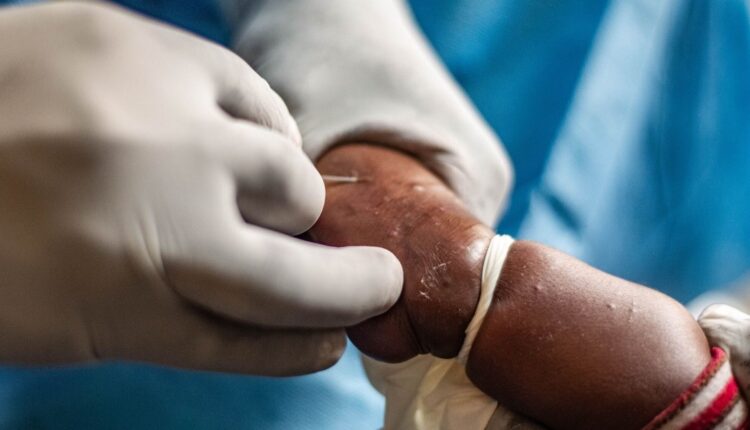Scientists are “working blindly” in Africa to track and tackle mpox, an infectious disease expert, who also chairs the WHO’s mpox emergency committee, has said.
Experts studying the virus said it has spread out of the Democratic Republic of Congo, often in areas where experts lack the funding and equipment to properly track it.
That has resulted in several unknowns about the virus itself, its severity and how it is transmitting, which is complicating the response.
Mpox has been a public health problem in parts of Africa since 1970, but received little global attention until it surged internationally in 2022, prompting the World Health Organization (WHO) to declare a global health emergency. That declaration ended 10 months later.
The WHO declared a new health emergency after a new strain of the virus, known as Clade 1b, began to spread.
The strain is a mutated version of Clade 1, a form of mpox spread by contact with infected animals that has been endemic in Congo for decades.
Congo has had more than 18,000 suspected Clade 1 and Clade 1b mpox cases and 615 deaths this year, according to the WHO.
There have also been 222 confirmed Clade 1b cases in four African countries in the last month, plus a case each in Sweden and Thailand in people who recently travelled to Africa.
“I worry that in Africa, we are working blindly,” said Dr Dimie Ogoina, an infectious diseases expert at Niger Delta University Hospital in Nigeria.
Dr Ogoina, who chairs the WHO’s mpox emergency committee, first raised the alarm about the potential sexual transmission of mpox in 2017, now an accepted route of spreading the virus.
“We don’t understand our outbreak very well, and if we don’t understand our outbreak very well we will have difficulty addressing the problem in terms of transmission dynamics, the severity of the disease, risk factors of the disease,” Dr Ogoina said.
“And I worry about the fact that the virus seems to be mutating and producing new strains.”
He said it took Clade 2 – the strain behind the 2022 emergency – in Nigeria five years or more to evolve enough for sustained spread among humans, sparking the global outbreak.
Source: Skynews


Comments are closed.